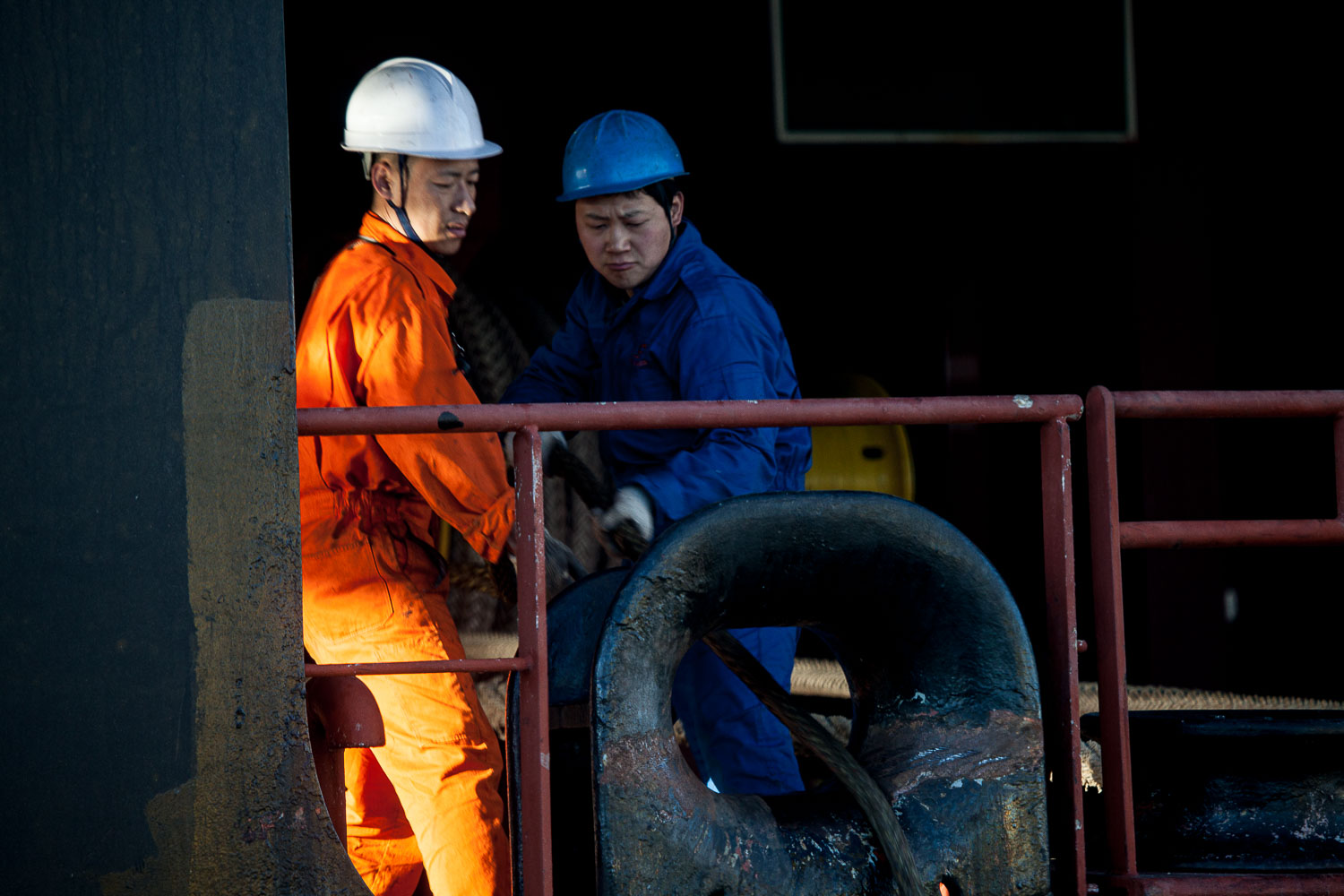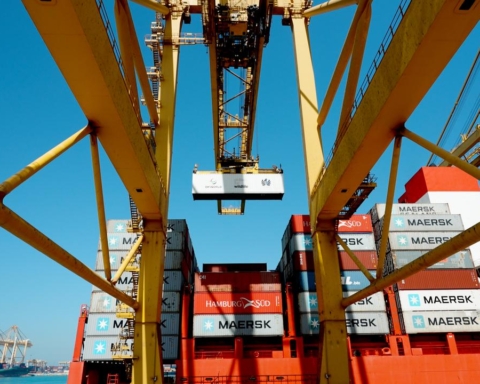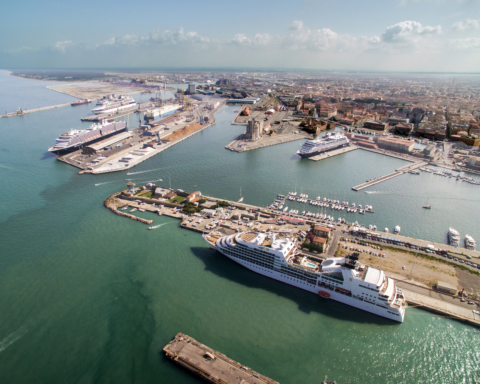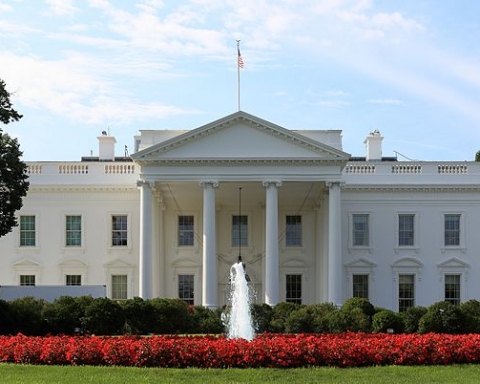“We had just found a new global balance thanks to an initial commercial truce between the USA and China; this new emergency unfortunately makes us take five steps backwards”.
The Coronavirus continues to alarm experts and sector professionals alike. While the death toll is growing, and apprehension about the economic threat posed by 2019-nCoV is sinking the stock market indices, from his office in Genoa Spediporto’s General Manager, Gianpaolo Botta, does not hesitate to voice his concern: “we consider it to be the worst emergency the world is facing since SARS”.
Given China’s role in the global supply chain, the slightest slowdown in its manufacturing activity can only have negative repercussions in all markets. After all, the virus problem emerged during the Chinese holiday period.
The Lunar New Year, one of the most heartfelt celebrations for the Chinese people and an important occasion to stimulate domestic consumption, should have ended on 3rd February. However, Beijing decided to prolong its festivities until 13th February, in order to curb the spread of the epidemic.
However, the extension of the Chinese New Year has prolonged the low season period, discouraging the demand for cargo transportation. Mr Botta, who is in close contact with a number of freight forwarders working in Beijing, talks about a country on the verge of collapse: “The port terminals are practically saturated with containers as ships have continued to unload goods even at this time. No port, however, has been able to handle all the remaining cargo because of the limited, if not completely shut down, motorway network”.
During the holidays, in fact, the motorways remain closed. The only road network that is working remains the local one: “On the other hand, there are not enough trucks to distribute all the containers quickly because there are not enough drivers. We are not able to say how many will return on 14th February, after the holidays”.
China is therefore struggling with a logistics problem on land: “Containers remain stationary in ports. They are not forwarded to the factories and therefore the goods are not included in the production chain. Clearly, there can only be negative repercussions on exports, since manufactured goods do not leave national borders”.
And then there is a cost problem: “it is clear that the average storage periods of containers in ports will be extended. The excess costs will then have to be absorbed by those who saw to the transportation”.
In the medium and long term, all domestic markets will suffer: “Just look what happened with the price of crude oil, which plummeted to 54.5 dollars a barrel due to falling Chinese demand. The abrupt stop – and it is not known for how long – to activities linked to the fear of contagion will affect the supply chains of all the countries with which China has commercial relations”.
Until when, and to what extent, we can’t say: “Hard to predict now. What we can do is wait until February 14th, the end of the holidays, to assess what initiatives the Chinese government will take to return to pre-crisis levels of productive activity”.
Translation by Giles Foster




